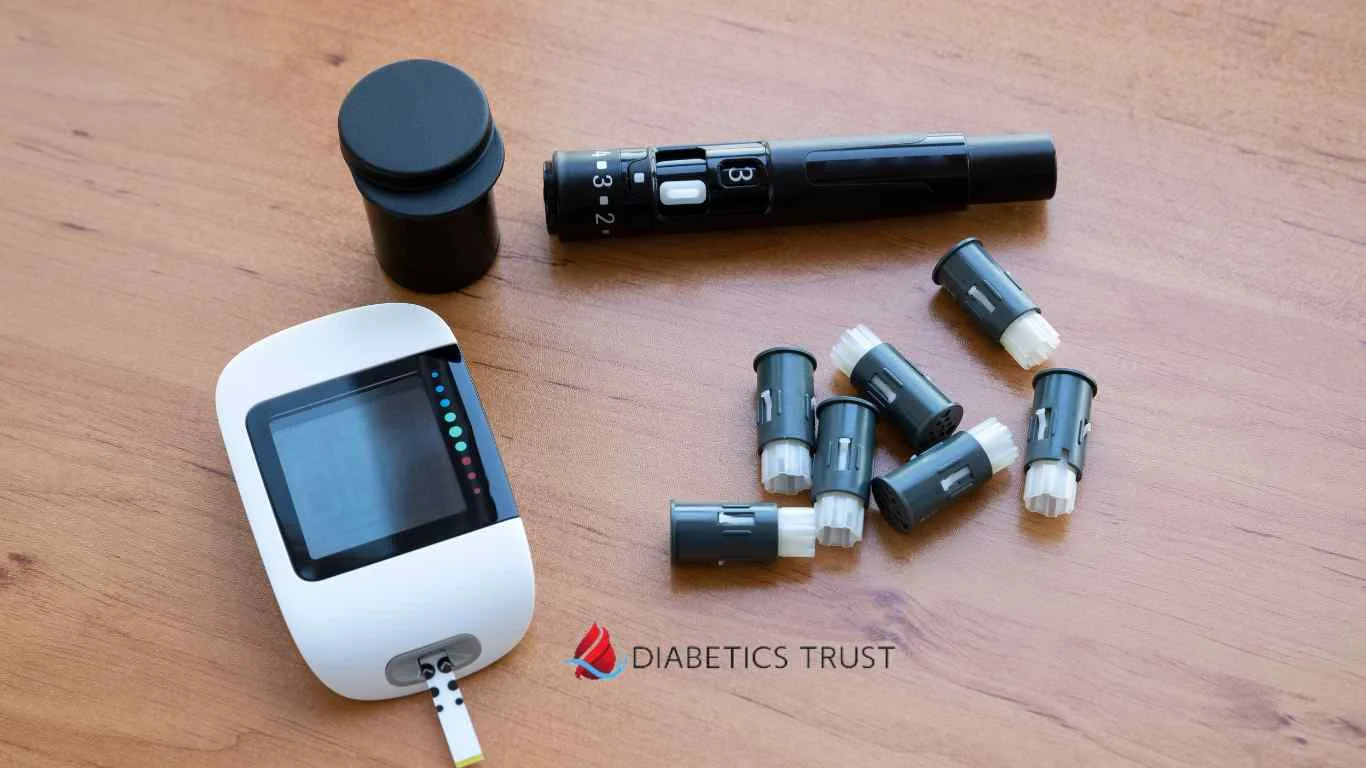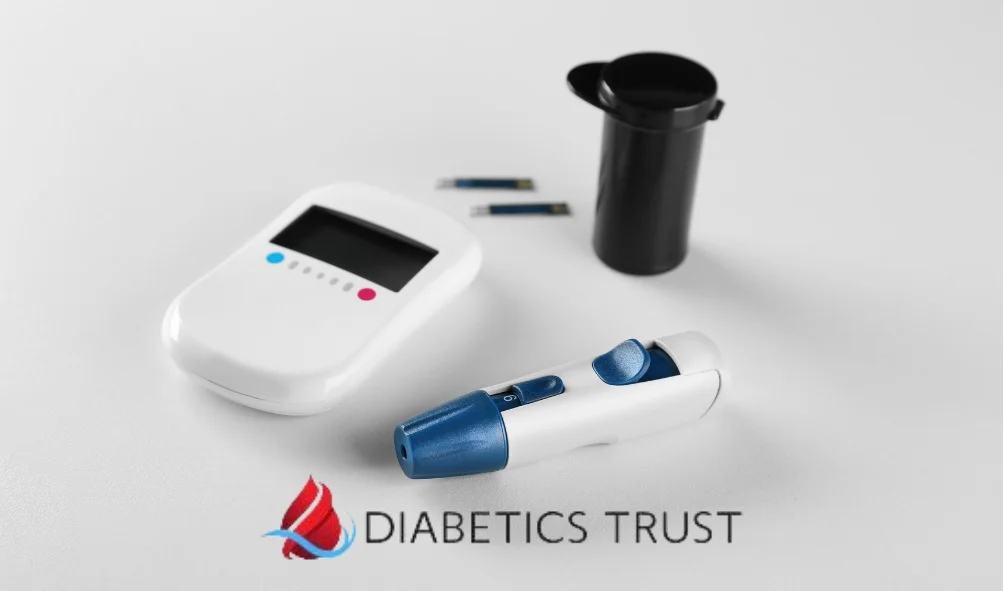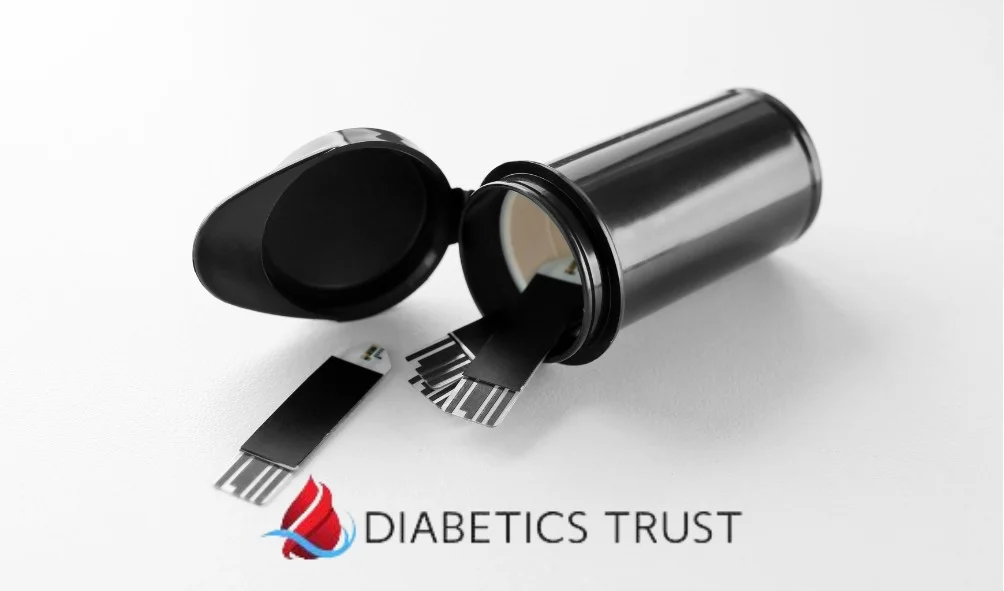In an era where sustainability is more than just a buzzword, every effort counts in carving a path toward a greener future. One of the lesser-known yet significant contributions to this cause is the reselling of diabetic test strips. This practice not only promotes recycling but also fosters community support and financial sustainability. Let’s delve deeper into understanding how this simple act can be a cornerstone in building a sustainable future.
The Three Pillars of Sustainability
Sustainability rests on three pillars: environmental protection, social responsibility, and economic development. Reselling diabetic strips remarkably contributes to each of these domains. Here’s how:
Environmental Protection: Unused diabetic strips often end up in landfills, contributing to environmental pollution. Reselling them reduces waste, thus safeguarding our planet.
Social Responsibility: By reselling diabetic strips, you provide an opportunity for others to access essential healthcare supplies at a reduced cost, promoting community well-being and inclusivity.
Economic Development: The practice encourages economic sustainability by fostering a market where individuals can recuperate some of the costs incurred in managing diabetes, thus fueling economic development on a micro-level.
Case Study: A Closer Look at the Impact
To understand the tangible benefits of this practice, let’s consider a case study. In a small community, a group of individuals decided to sell their unused diabetic strips instead of discarding them.
Over a year, not only did they prevent a substantial amount of medical waste but also created a local ecosystem that facilitated the affordable exchange of necessary healthcare supplies. This case study is a testament to the significant impact that reselling diabetic strips can have on a community’s sustainability efforts.

Voices from the Community
Here are some voices from the community sharing their experiences:
Anna: “I was able to manage my diabetes more affordably by buying resold strips. It’s a win-win situation for both the seller and the buyer.”
Mark: “Selling my unused strips became a small yet significant step in reducing my carbon footprint.”
Conclusion
As we forge ahead in our journey towards a sustainable future, every little effort counts. Reselling diabetic strips emerges as an unexpected yet powerful ally in this journey. By embracing this practice, you are not only aiding in environmental conservation but also fostering social responsibility and economic development.
Join the movement today. Together, we can pave the path to a sustainable future, one strip at a time.
Related Blogs You Must Read
Guide to Reselling Your Diabetes Test Strips in the US Gray Market
Recycling and Disposing of Used Diabetic Test Strips





